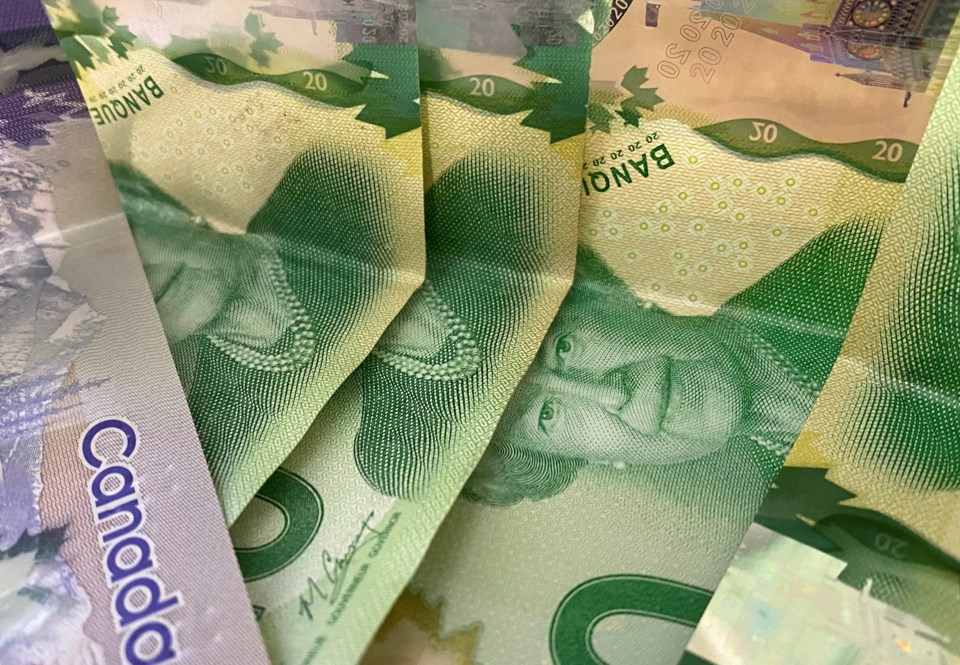The City of Delta maintained a strong financial position at the end of December 2021.
That’s according to a recent report presented to council by the finance department on the city’s 2021 audited financial statements.
Explaining that a net asset position is an indicator of cash available for future expenditures, the report notes the city’s net financial assets increased by $23.7 million to $187.8 million as of Dec. 31, 2021.
The report also notes that reserves and surplus totalled $190.7 million.
That amount was comprised of $58.8 million in unappropriated surplus, up from $53 million in 2020, $27.7 million in restricted statutory reserves, up from $53 million the previous year, $56 million in funds set aside to complete current capital projects, up from $45 million the previous year, and $48.2 million in other non-statutory reserves, up from $47.8 million the previous year.
The report also notes general operating revenue over expenses resulted in a positive variance of $3.5 million.
During a recent council discussion on the report, Coun. Lois Jackson asked just how much from last year’s surplus council itself could decide to direct for other spending in 2022.
Staff noted that as far as any general surplus amount that council could spend this year, or in future years, that total is about $3.5 million.
Council has given final approval for this year’s property tax increase.
The finance department had recommended a 2.99 per cent tax increase for the Delta portion of the property tax bill.
For an average residential home with a change in value in line with the average, the increase in 2022 is approximately $74. People whose homes saw an increase that was greater than the average will be paying more.
The Delta charge does not include the charges the city also collects for other taxing authorities, which set their own rates for homeowners, including Metro Vancouver.
As far as the regional district’s budget, a report from Metro notes the final overall operational results for 2021 for the regional district’s functions is a net surplus of close to $47.2 million on an approved budget of $943.8 million.
The regional district notes the results were positive for most functions with surpluses realized, which are available in future years to either avoid debt through additional contributions to capital, to pay for future projects or to reduce future tax requisitions, levies or fees to the member municipalities.
In addition, capital program expenditures for Metro Vancouver's functions were underspent for the year by $819.6 million overall, with the majority of the surplus generated in the utilities. That was mainly due to delays and deferrals of expenditures for several major capital projects.



